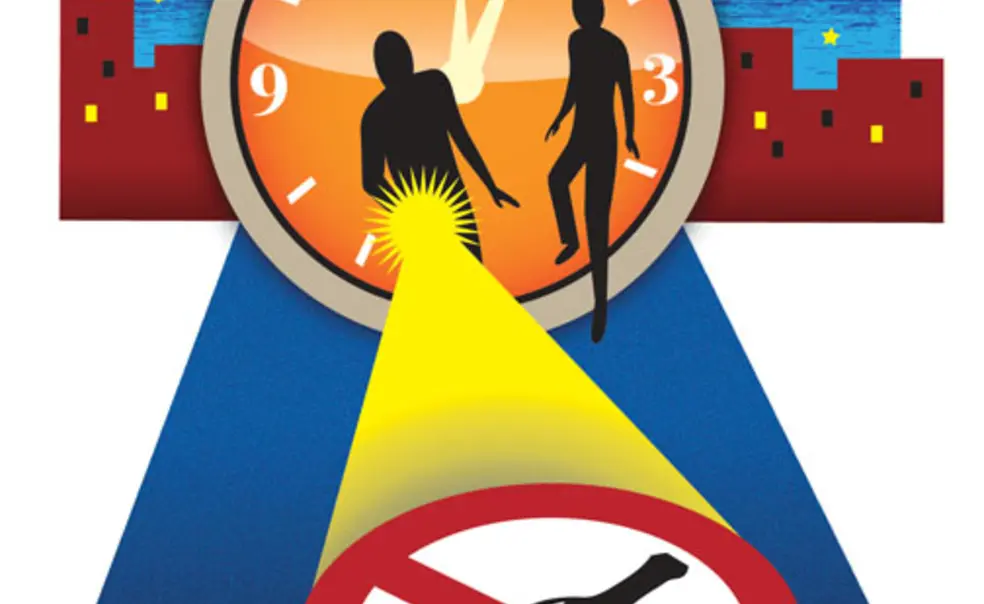For RCAs, late-night vigilance
At midnight on the dot, Diya Das ’12 met Katie Herrera ’11 at their prearranged rendezvous point, the pingpong table in Wilcox Hall. “Ready?” Herrera asked. Das nodded. And so their rounds began.
Herrera and Das are residential college advisers (RCAs) in Wilson College. Starting this year, RCAs campuswide have been tasked with roving the residential colleges on weekend nights to try to curb underage drinking.
“We’re checking for damage to property, vandalism, anybody who needs help — drunk people, sick people,” Herrera said on Sept. 16, the first day of classes and the inaugural night of the “rounding” policy. Herrera was the main RCA “on call”: she had to stay in the residential college and be reachable on a University-issued cell phone.
The rounds and on-call system represent the newest stage in the evolution of RCAs into more active enforcers of University regulations. Rules instituted in 2007 charge RCAs with intervening whenever they observe excessive drinking.
Some students are concerned about the changes. “In our freshman year, RCAs were very rarely viewed as disciplinarians, and more viewed as resources to deal with emotional and psychological problems, which in a way is a very Princetonian model of an RA. As we look to systems at other schools, we’ll lose this model,” said Rush Doshi ’11, a Wilson College RCA.
Michael Olin, the Wilson College director of student life, said the policy is designed to promote safety and build community by increasing the visibility of RCAs.
RCAs making rounds do not have to report alcohol violations. But Public Safety would be called, for example, if an RCA observes hard liquor or evidence of drinking games and the room occupants refuse a request to shut down the party. Public Safety officers have patrolled residential college halls since 2007.
On the Thursday night in September, Herrera and Das headed for the first dorm on their circuit, 1938 Hall. They walked through each floor, checking common rooms and bathrooms, knocking before entering the male washrooms.
They kept their eyes and ears open for any signs — loud music, vomiting freshmen — of high-risk drinking, but found nothing: The only music audible was a halting woodwind duet of Pachelbel’s Canon by two students on the second floor.
They continued onward to other halls in Wilson: Clapp, Dodge-Osborn, 1937, Feinberg. “This is exhausting,” Herrera said.
This loop failed to turn up much of interest, but during their 10 p.m. circuit they had encountered a large fraternity party in Wright Hall. After calling in the Wright RCA for help, they managed to convince the party to disband.
Herrera’s phone rang as she was crossing a courtyard. Was it an emergency? A call to, or for, action? “Uh-huh. Uh-huh. I think it stopped,” she said into the phone.
She hung up and explained: “That was another RCA. She was like, ‘Someone keeps playing this really obnoxious classical music!’” The Pachelbel pair. False alarm.
Herrera and Das finished their rounds at about 12:45, then congratulated each other on a job well — and relatively quickly — done.
“The key to it is efficiency,” Herrera said. “And the fewer parties, the better.”












No responses yet